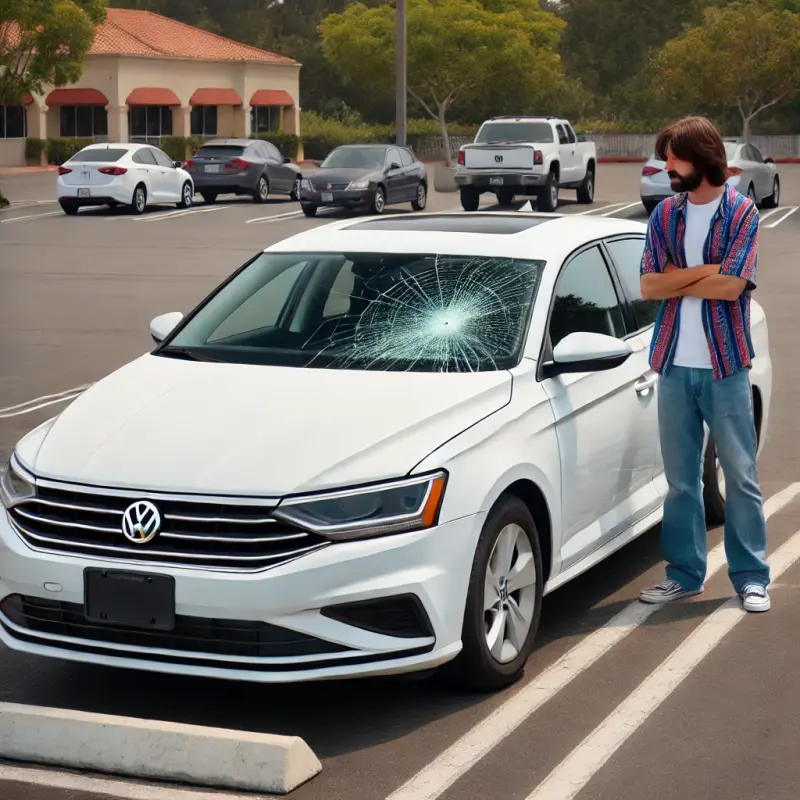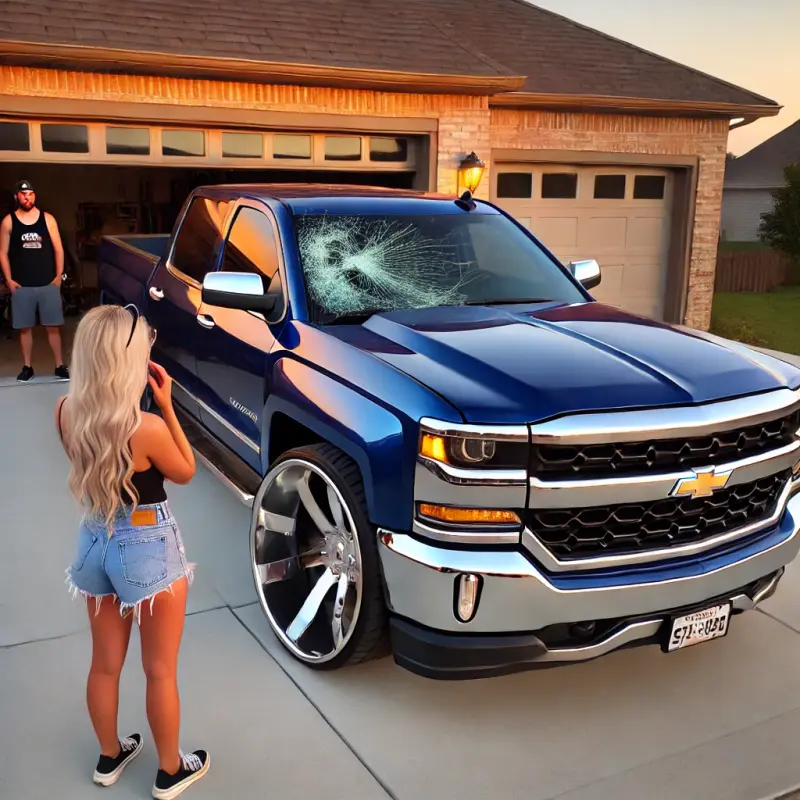Auto glass plays a crucial role not just in the aesthetics of a vehicle, but also in safety and structural integrity. When it comes to maintaining your car, understanding the different types of auto glass can save you time and money, whether you're considering windshield repair or complete auto glass replacement. In this article, we will delve into the various types of auto glass used in vehicles, their purposes, and how they contribute to overall vehicle safety.
Understanding the Different Types of Auto Glass Used in Vehicles
When we talk about auto glass, we're primarily referring to two main components: windshields and windows. Each type has been engineered for specific functions — from providing visibility to ensuring passenger safety.
What is Auto Glass?
Auto glass is specially designed glass used in vehicles to provide safety, visibility, and structural support. It comes mainly in two forms: tempered glass and laminated glass.
- Tempered Glass: This type is known for its strength and shatter-resistance. It’s made by heating the glass to high temperatures and then cooling it rapidly. Laminated Glass: Composed of two layers of glass with a plastic interlayer, laminated glass is often used for windshields because it holds together when shattered.
Key Functions of Auto Glass
Visibility: The primary function is to ensure clear visibility for drivers and passengers. Safety: It protects occupants from external elements like wind, debris, and weather conditions. Structural Integrity: Auto glass contributes to the overall structure of the vehicle, especially during collisions.Types of Windshields
1. Laminated Windshields
These are predominantly used for front windshields due to their strong safety features.
Advantages:
- Maintains structural integrity during impact. Reduces noise inside the cabin. Blocks harmful UV rays.
Disadvantages:
- More expensive than tempered glass. If damaged, usually requires full replacement instead of repair.
2. Tempered Windshields
While more common for side windows due to cost-effectiveness, some vehicles use tempered windshields as well.
Advantages:
- Shatters into small pieces rather than sharp shards. Generally less expensive than laminated options.
Disadvantages:
- Offers less protection compared to laminated varieties.
Understanding Side Windows
1. Tempered Side Windows
Most side windows are made from tempered glass because they need to be durable yet affordable.
Advantages:
- High resistance to impacts. Cost-effective for manufacturers.
Disadvantages:

- Cannot be repaired if shattered; full replacement is necessary.
2. Privacy Windows
Some vehicles come equipped with tinted or privacy windows that not only enhance aesthetics but also offer additional comfort against sunlight.
Understanding Rear Windows
Rear windows are typically made from either laminated or tempered glass depending on vehicle design.
1. Laminated Rear Windows
Similar to front windshields but designed specifically for rear applications.
Advantages:
- Provides additional safety features similar to front windshields.
Disadvantages:
- Higher costs may deter some manufacturers from using them extensively.
2. Tempered Rear Windows
Often used due to cost constraints while still providing adequate safety measures during accidents.
Specialized Auto Glass Types
1. Acoustic Windshields
Designed with sound-dampening features, these windshields help create a quieter ride by reducing road noise significantly.
2. Heated Windshields
These include embedded heating elements that help defrost or deice the windshield quickly during winter months.
The Importance of Auto Glass Repair vs Replacement
When dealing with auto glass damage, understanding whether you should opt for repair or replacement can save you considerable time and money.
When Should You Repair Your Windshield?
If the damage is smaller than a quarter (typically chips). If it's located outside the driver's line of sight. If it's not more than three cracks present on an otherwise good windshield surface.When Should You Replace Your Windshield?
If there’s severe cracking that affects visibility. If damage exceeds standard repair limits (three chips or larger cracks). If structural integrity has been compromised after an accident.The Process of Auto Glass Repair
Repairing minor damages like chips can often be done quickly and efficiently:
The technician cleans the area around the chip or crack. A special resin is injected into the damaged area under pressure. The resin fills any gaps before being cured using UV light. Finally, any excess resin is polished away leaving a smooth finish.How Long Does Auto Glass Repair Take?
Typically ranging from 30 minutes up to 2 hours depending on damage severity!

FAQs About Auto Glass
1. What should I do if my windshield gets chipped?
If your windshield gets chipped, assess whether it’s small enough for repair or if it needs replacement based on size and location—seek immediate assistance!
2. How much does auto glass replacement cost?
Costs vary widely based on vehicle make/model but generally range between $200-$1000 with labor included!
3. Can I drive my car after auto glass repair?
Yes! However, avoid heavy rain until fully cured (upwards of 24 hours) depending on environmental factors!
4. Is it safe to use DIY kits for repairing chips?
While possible for minor damages—professionals often achieve better results ensuring longevity!
5. How long does windshield replacement take?
On average—about one hour; however scheduling may include additional wait times based on availability!
6. Are there warranties available with auto glass services?
Most reputable companies offer warranties covering both repairs/replacements; inquire before proceeding!
Conclusion
In summary, understanding the different types of auto glass used in vehicles enables owners and drivers alike to make informed decisions regarding repairs and replacements when necessary—ensuring both safety and functionality remain intact! Whether you're facing Trinity NC Auto Glass Repair minor chips requiring quick fixes through windshield repair or opting for complete auto glass replacement after significant damage—knowledge truly empowers strong choices! Keep your vehicle's integrity in mind—and always consult professionals when uncertain about your options!